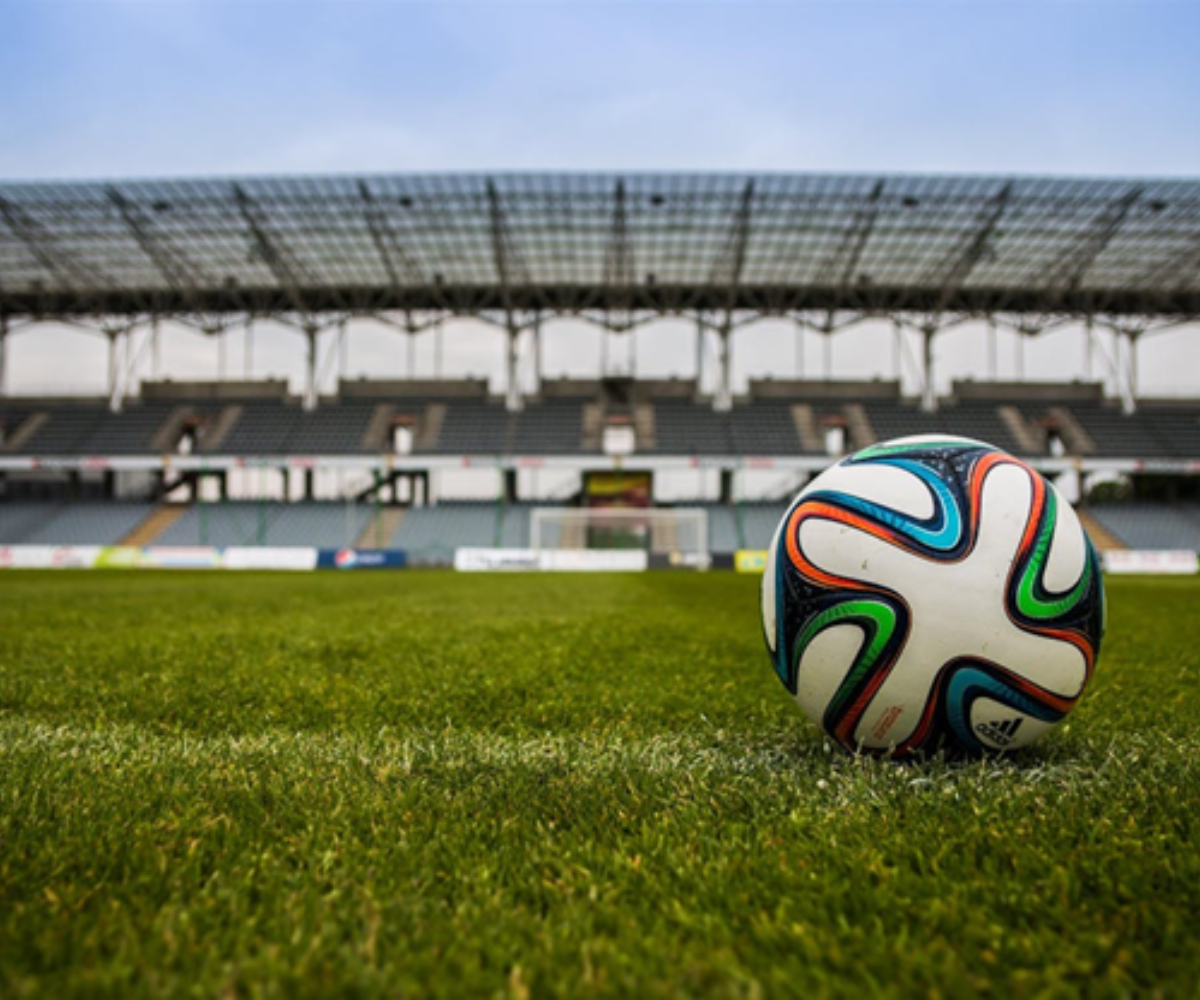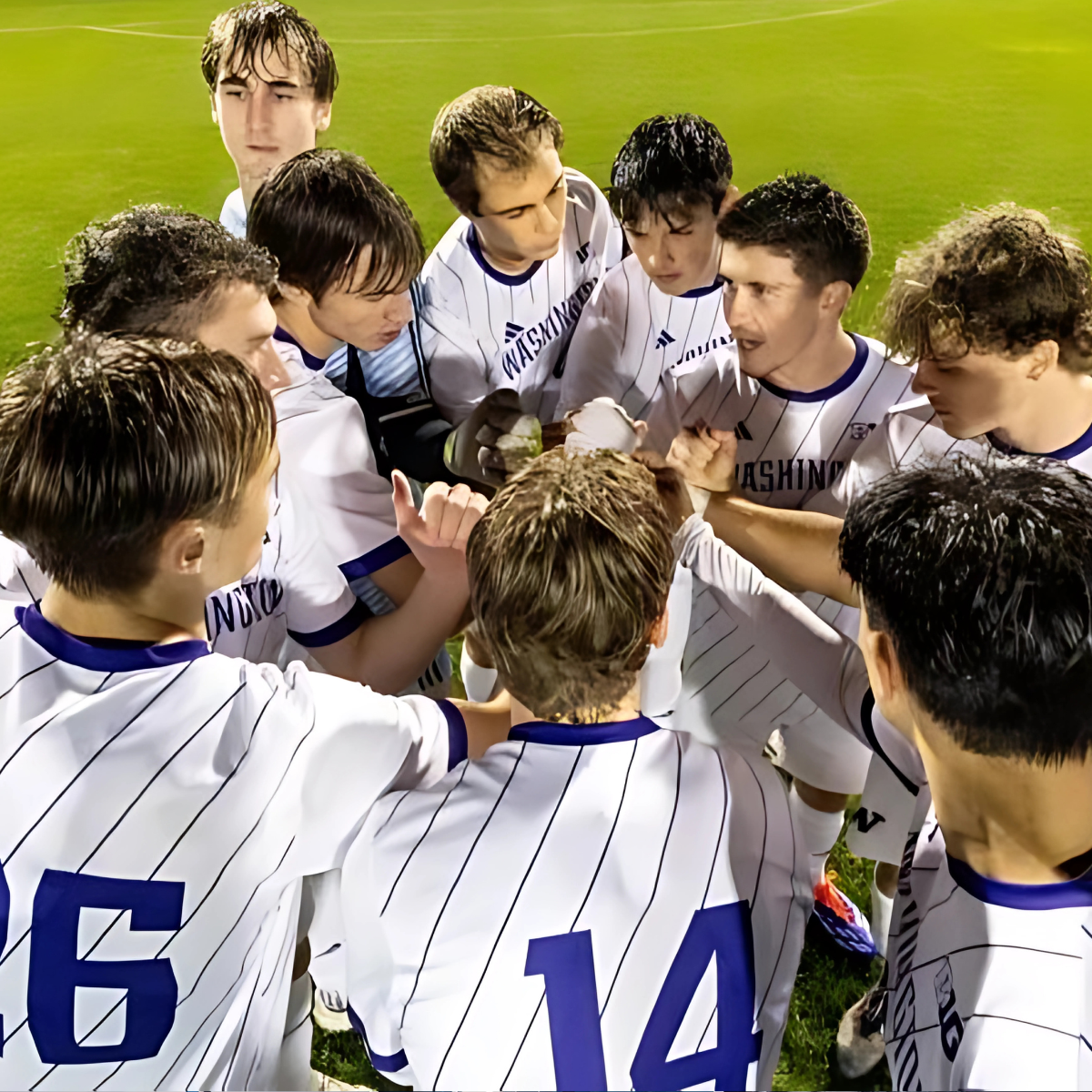How Growth Mindset Impacts Athletic Performance and Skill Development
The concept of a growth mindset, popularized by psychologist Carol Dweck, plays a crucial role in shaping athletic performance and skill development. Unlike a fixed mindset, which views abilities as static and unchangeable, a growth mindset embraces the idea that skills can be developed through dedication, effort, and learning from experiences. This fundamental shift in thinking can significantly influence how athletes approach training, competition, and personal growth.
The Power of Mindset in Sports
Mindset is not merely a motivational tool; it fundamentally shapes an athlete's approach to challenges and their overall performance. Athletes with a growth mindset are more likely to:
- Embrace Challenges: They view challenges as opportunities for growth rather than threats. This perspective encourages them to take on difficult tasks that can enhance their skills.
- Persist in the Face of Setbacks: Instead of giving up after failures, athletes with a growth mindset see setbacks as learning experiences that contribute to their development.
- Seek Feedback: Constructive criticism is welcomed as an essential part of the learning process. These athletes understand that feedback is vital for improvement and actively seek it from coaches and peers.
Enhancing Athletic Performance
A growth mindset directly correlates with improved athletic performance through several mechanisms:
- Increased Resilience: Athletes who adopt a growth mindset are better equipped to handle the pressures of competition. They bounce back from losses more quickly, maintaining focus on their long-term goals rather than dwelling on immediate failures.
- Focus on Skill Development: Rather than fixating solely on outcomes such as winning or losing, athletes with a growth mindset prioritize skill improvement and personal bests. This focus fosters continuous progress and enhances overall performance.
- Improved Confidence: Believing in the ability to grow instills confidence in athletes. This self-assurance is crucial during high-pressure situations, enabling them to perform at their best.
Read: What is flow state and how can athletes achieve it more consistently?
Skill Development Through a Growth Mindset
The impact of a growth mindset extends beyond performance; it also plays a significant role in skill development:
- Goal Setting: Athletes with a growth mindset are more likely to set realistic yet challenging goals related to their skills and abilities. This proactive approach encourages ongoing improvement and accountability.
- Learning from Mistakes: Instead of fearing failure, these athletes analyze their mistakes to extract valuable lessons. This reflective practice promotes deeper learning and mastery of skills over time.
- Lifelong Learning: A commitment to continuous learning is central to the growth mindset philosophy. Athletes who embrace this mentality often seek out new training methods, techniques, and knowledge that can enhance their performance.
Practical Strategies for Cultivating a Growth Mindset
To foster a growth mindset, athletes can implement several strategies:
- Change Language: Shifting from phrases like "I can't do this" to "I can't do this yet" can alter an athlete's perspective, reinforcing the belief in potential for improvement.
- Celebrate Effort: Recognizing hard work and dedication rather than just outcomes helps reinforce the value of persistence and resilience.
- Engage in Self-Reflection: Regularly reflecting on experiences—what went well, what could be improved—enables athletes to track their progress and identify areas for development.
The influence of a growth mindset on athletic performance and skill development cannot be overstated. By fostering this mentality, athletes can unlock their full potential, enhance their enjoyment of sports, and cultivate resilience against challenges. Embracing the belief that abilities can be developed through effort not only prepares athletes for success on the field but also equips them with lifelong skills applicable beyond sports. In essence, adopting a growth mindset transforms challenges into exciting opportunities for personal and athletic growth.
Read: How does visualization technique enhance athletic performance?







%20(1200%20%C3%97%20232%20px)%20(9).png)









.png)

